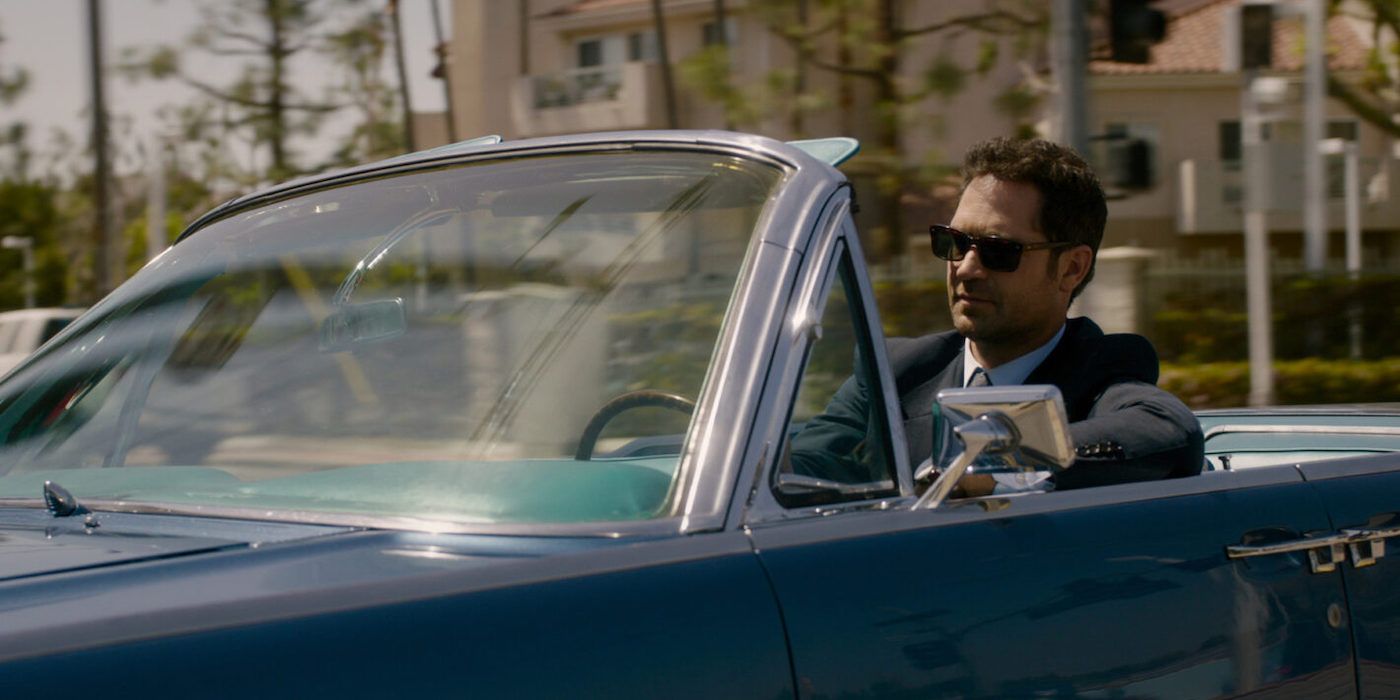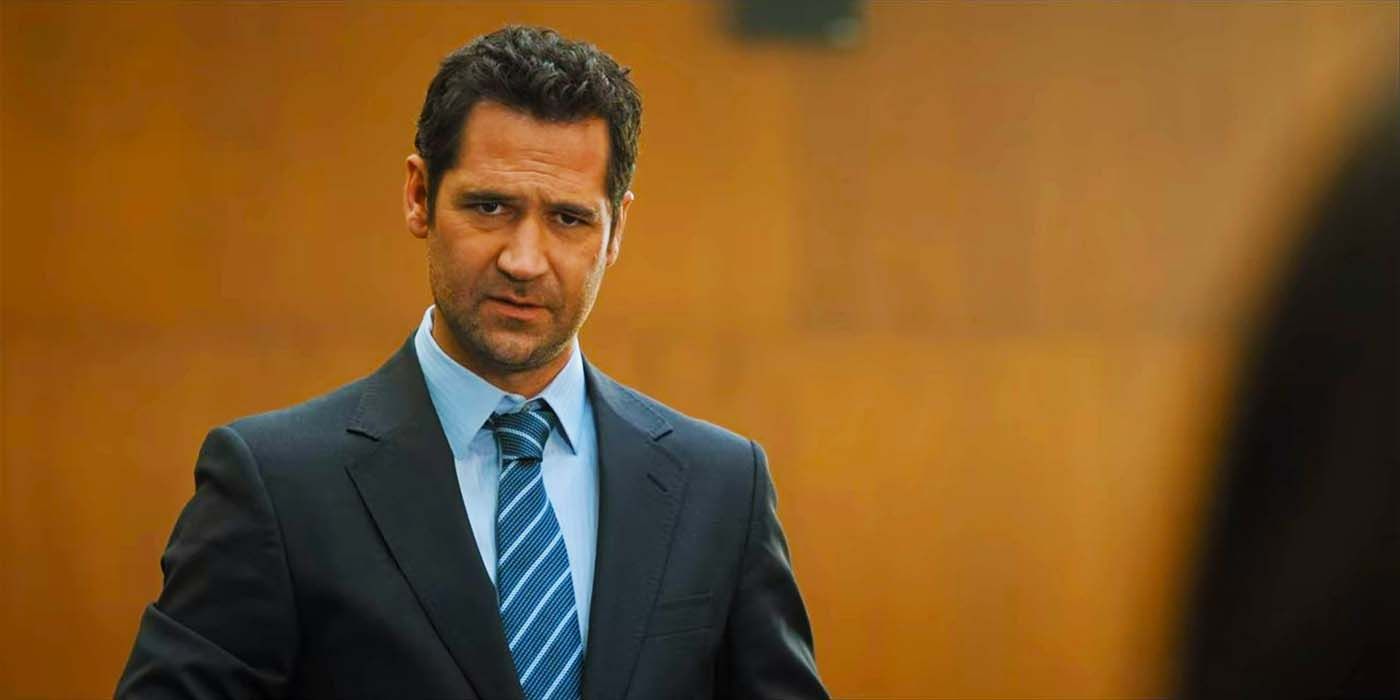Netflix’s 2022 TV series, The Lincoln Lawyer, makes a positive change from Michael Connelly’s 2007 book, The Brass Verdict, by swapping Mickey’s music taste from rap to jazz. Based on the second novel in the popular book series, The Lincoln Lawyer follows criminal defense attorney Michael “Mickey” Haller Jr. (Manuel Garcia-Rulfo) as he revives his legal career while recovering from an addiction to painkillers after a recent surfing accident. Before Mickey can fully get his feet back on the ground, he must take on the biggest case of his career, a high-profile double murder case.
Mickey is Mexican-American with Irish ancestry in both the book and the TV series, though Netflix's The Lincoln Lawyer show places a greater focus on his Latino heritage than the book, which emphasizes his American-Irish roots. Although Mickey comes from a very different background than his clients in the books, who are mostly young, male drug dealers, he empathizes with them and listens to rap music as a means of understanding their lives. In the TV series, Mickey’s relationship with his father is his source of new knowledge and insight rather than rap music. Instead, it's jazz music he listens to while in his car working on cases.
The swap in Mickey’s musical genre preferences is a positive book to screen character change in The Lincoln Lawyer that eliminates racist undertones in the protagonist’s worldview and actions. In the book, Mickey sees the world through a privileged, white, American male lens, reminiscent of the times. While on the surface, his interest in rap music may seem compassionate, it actually reflects the othering of non-European peoples and cultures which used to be common practice in the field of anthropology. It also nods to the problematic use of rap lyrics as evidence against Black and Latino rappers and musicians in the courtroom, a practice that is still common.
Anthropology is rooted in colonialism. Historically, the discipline focused on the study of the primitive “other,” placing white, mostly male people of European descent as the normative self. The discipline’s practices positioned indigenous communities and people of color around the world as artifacts and sources of data rather than as collaborators in knowledge with individual sovereignty. In Connelly’s books, and also hinted at in the 2011 Matthew McConaughey movie, Mickey uses rap music as an anthropological tool to understand the “other” whom he seeks to help, reflecting the racist roots of anthropology.
Furthermore, there is a history of lawyers submitting rap lyrics as evidence of intent and motive by presenting the lyrics as literal confessions and autobiographies. By denying the musicians’ use of artistic license in the creation of these lyrics, prosecutors are saying that rap isn’t art. This racist perspective dehumanizes Black and Latino people, leading to unjust legal decisions and sentencing. While Connelly flips this narrative through Mickey using rap music in The Lincoln Lawyer books to defend Black and Latino people rather than to prosecute them, he still presents racist undertones, including the white savior trope, that are eliminated in the Netflix adaptation.
In The Lincoln Lawyer TV series, Mickey listens to jazz because it connects him to his father and it helps him focus. Rather than using jazz as an anthropological tool, Mickey appreciates jazz as an art form, reflecting a sincere relationship with the genre that is not rooted in racism. In doing so, Netflix’s The Lincoln Lawyer series changes the story’s main protagonist for the better and presents a more progressive and modern version of Michael Connelley’s popular legal thriller.


